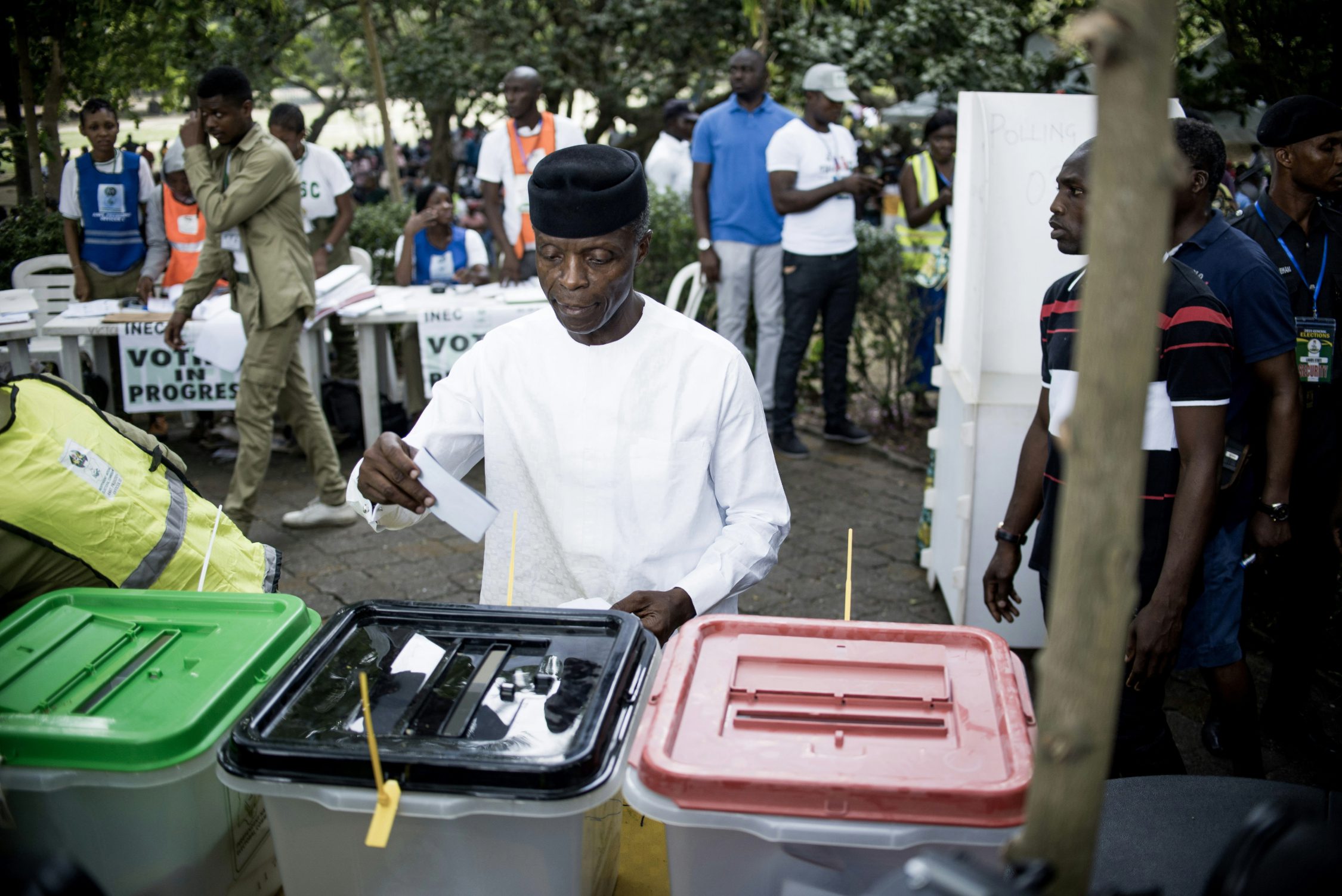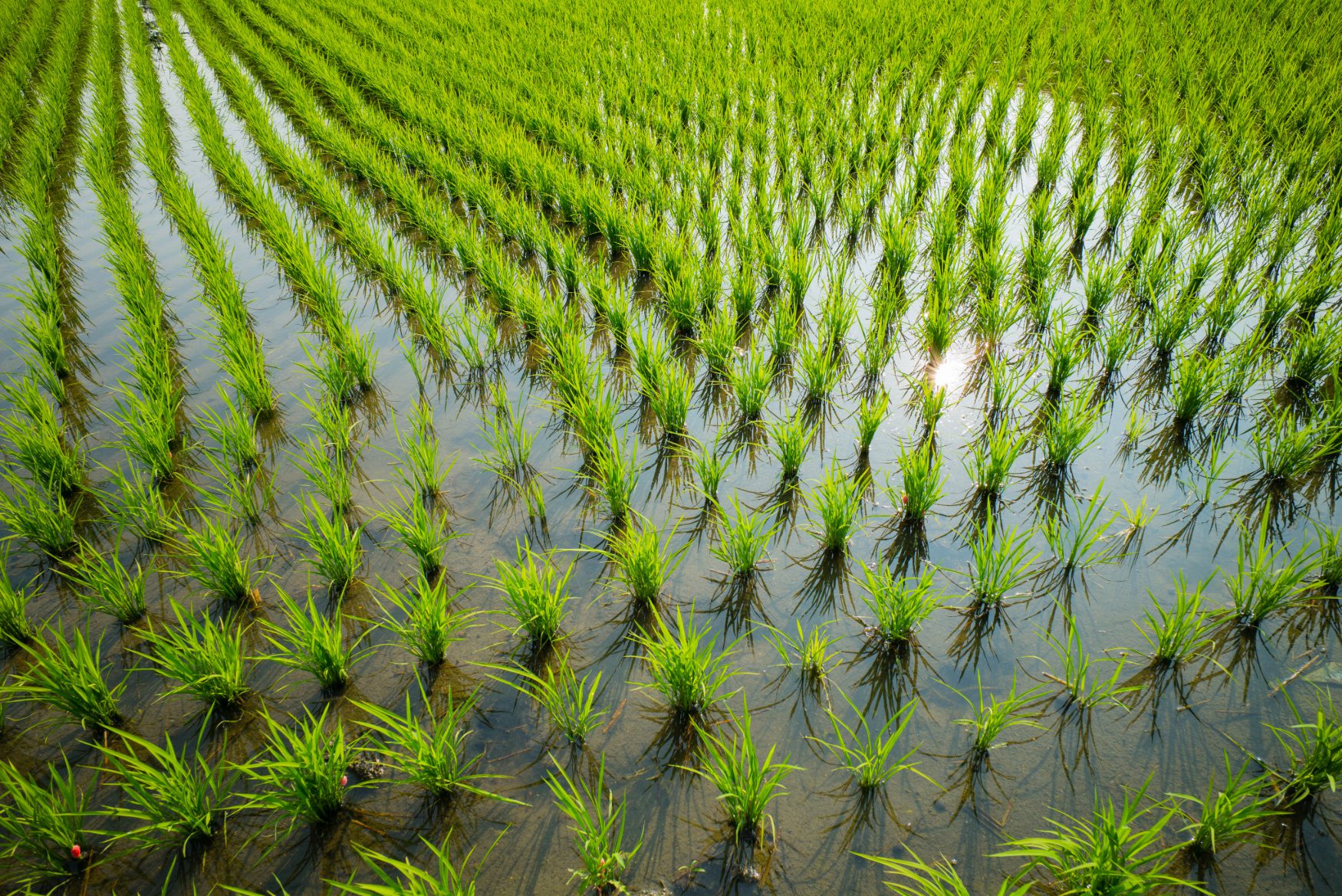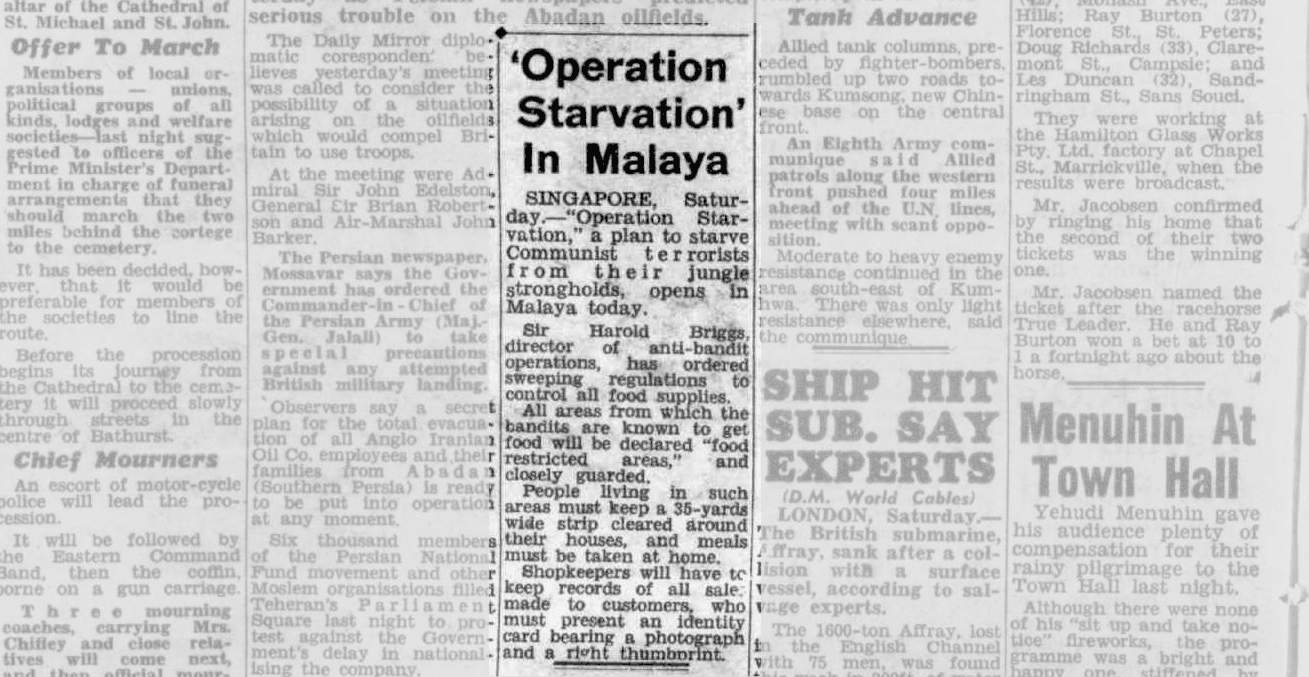Yesterday, the IPC Global Initiative issued a special brief on food insecurity in Gaza. It is shocking. They warn of ‘imminent famine.’
USAID’s FEWS NET also provided a detailed analysis and confirmed the findings.
Let’s not be preoccupied with whether it’s ‘famine’ or not. It’s a disaster of surpassing intensity.
In January I wrote a backgrounder on the previous Gaza famine warning and the Integrated food security Phase Classification system, the metric used for measuring acute food insecurity.
Today, 95% of the population in Gaza is in need of urgent humanitarian assistance. About 30% of the population is in ‘catastrophe’ and a further 40% in ‘emergency.’ The prediction is that half of the population will be in ‘catastrophe’ or ‘famine’ in the coming months.
These are the figures:

And these are the maps:

Source: https://www.ipcinfo.org/ipcinfo-website/alerts-archive/issue-94/en/
Compare the last occasion on which IPC data have been used to advise that ‘famine’ is occurring, South Sudan in 2017.

Source: https://www.fsinplatform.org/sites/default/files/resources/files/IPC_Famine_Factsheet_2020Nov.pdf
During South Sudan’s 2013-2018 war, about 190,000 people perished of hunger and disease. More than 95% were in areas classified as ‘emergency.’ Children die of hunger, disease and exposure when a location is classified as ‘emergency.’ In the paper that formulated the first famine intensity scale, a death rate of more than 1 per 10,000 per day was the threshold for ‘famine’, whereas in the IPC it is the threshold for ‘emergency.’
This graph shows how South Sudan’s increased mortality unfolded with large numbers of people in ‘crisis’ and ‘emergency’, and relatively few in ‘catastrophe’ or ‘famine’:

Source: https://www.sciencedirect.com/science/article/pii/S0306919220300166
In the 2011 famine in Somalia, the clearest case in recent decades, 490,000 people were in ‘catastrophe’.
Gaza has surpassed those numbers today. We have not seen starvation unfolding at this intensity and speed in a generation or more. The disaster is now.



